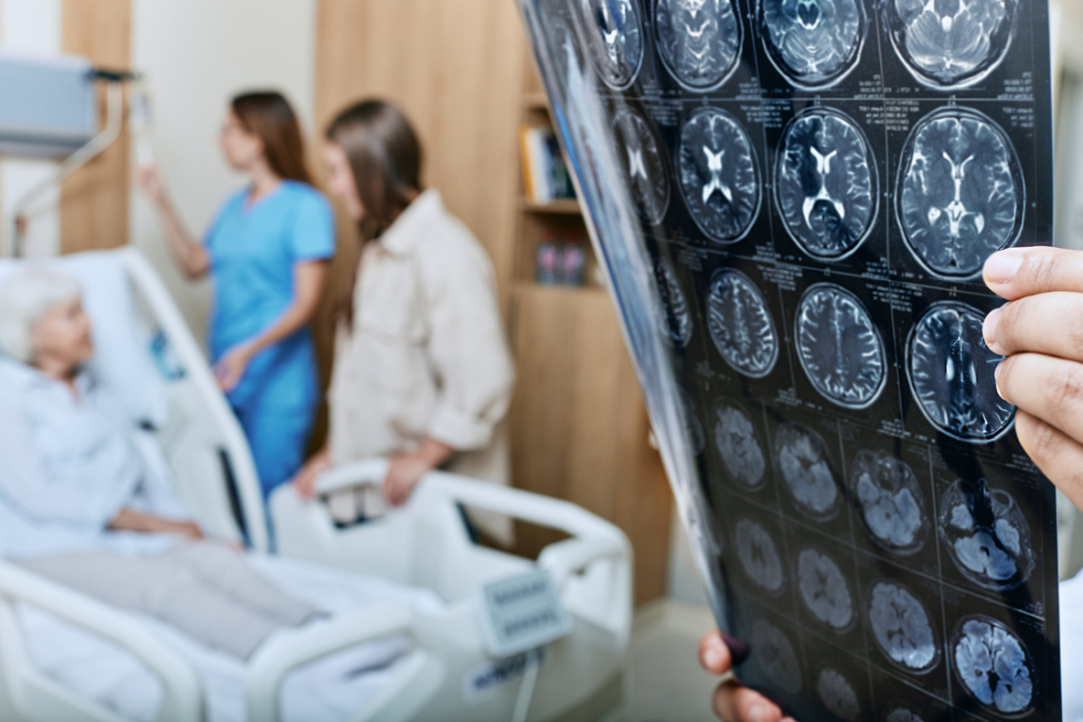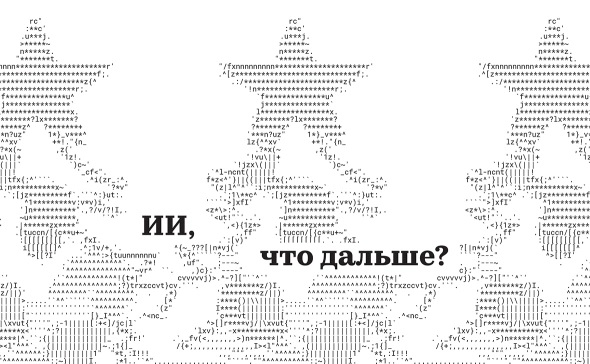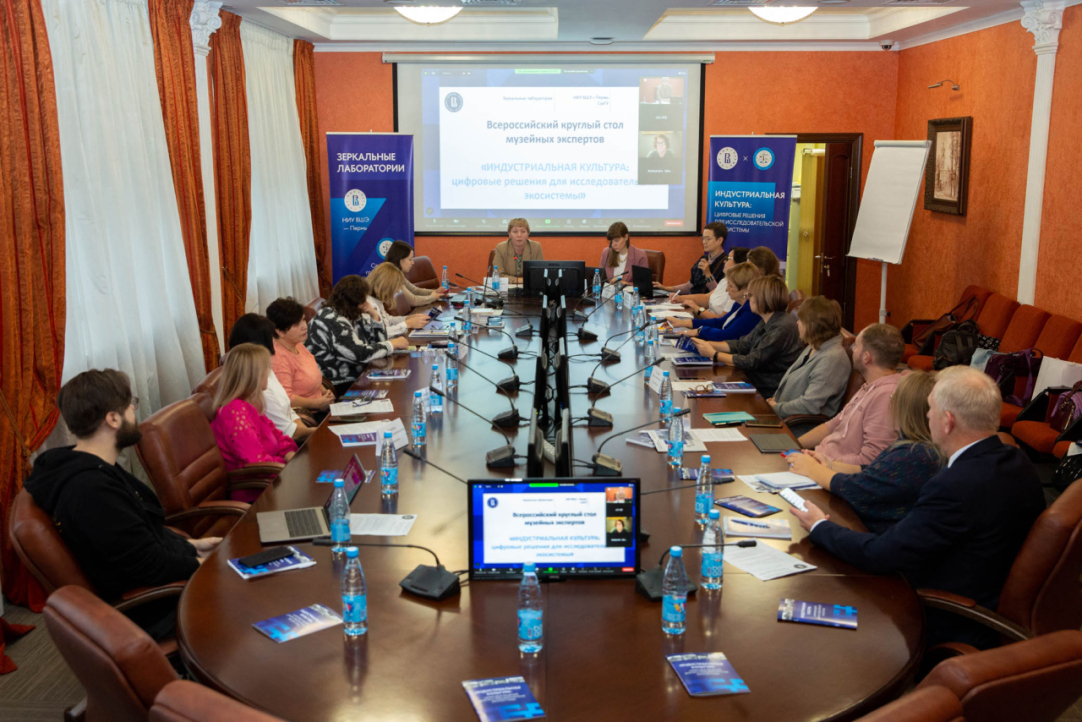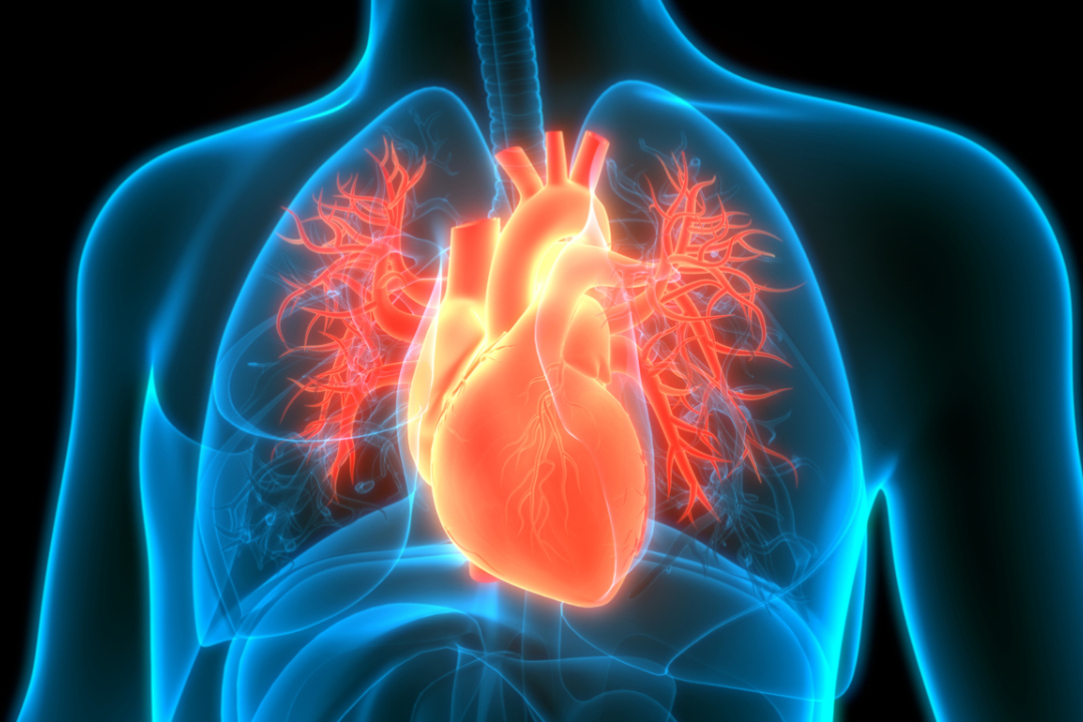
Neural Network Developed at HSE Campus in Perm Will Determine Root Cause of Stroke in Patients
Specialists at HSE Campus in Perm and clinicians at Perm City Clinical Hospital No. 4, have been collaborating to develop a neural network capable of determining the root cause of a stroke. This marks the world's first attempt to create such a system, the developers note.

AI Assists with Fact-Checking: HSE Scientists Streamline Information Verification
Specialists at the HSE AI Research Centre have developed an AI-powered fact-checking assistant. This software solution will improve the quality of working with information, reduce the risks of errors and biases, and save both time and resources. A notable advantage of the program lies in its capability to process a wide variety of statement types.

Software for Rapid Detection of Dyslexia Developed in Russia
HSE scientists have developed a software tool for assessing the presence and degree of dyslexia in school students based on their gender, age, school grade, and eye-tracking data. The application is expected to be introduced into clinical practice in 2024. The underlying studies were conducted by specialists in machine learning and neurolinguistics at the HSE AI Research Centre.

HSE Accepting Applications for Competition of Best Russian-language Scientific and Popular Science Papers
Applications for the fourth HSE University Competition of the Best Russian-language Scientific and Popular Science Papers will be accepted from February 1 to March 15. The authors that receive the highest scores from the expert jury will be awarded on June 6—Russian Language Day. The main goal of the competition is to support and promote Russian language as a language of science, as well as to popularise works affiliated with HSE University among the global Russian-speaking audience.

Research by HSE University and EISR: After visiting Russia Exhibition, the Vast Majority Feel Proud of their Country and Confident in Tomorrow
The achievements presented at the Russia International Exhibition and Forum make visitors proud of their country, believe 98% of the participants in a recent study prepared by HSE University and the Expert Institute for Social Research (EISR) in January 2024. More than 4,200 respondents took part in the survey.

Neural Networks of Power: AI Unravels Knots and Tangles in Relationships between Humans, Elves and Hobbits
One of the most popular writers of the last century, John Ronald Reuel Tolkien, was born on January 3rd. Researchers from HSE University, AIRI and MISSIS have used machine learning to explore the social connections between the characters of his Middle-earth universe. The algorithm managed to create an accurate picture of the social structures and dynamics of the characters' relationships, providing a unique map of interactions in the epic world. The results of the work were published in IEEE Xplore.

What Will 2024 Be Like? The Forecast by iFORA
RBC journalists decided to ask Russian artificial intelligence systems what 2024 will be like. Four leading Russian companies and HSE University took part in the project. The questions were answered by the iFORA big data intelligent analysis system developed by HSE ISSEK.

IDLab staff took part in a collaborative event organised by HSE University and Sber (R&D Day)
Petr Parshakov and Sofia Paklina attended the R&D day and came up with the idea of diagnosing emotional burnout.

The All-Russian Round Table of Museum Experts Took Place at the HSE University in Perm
The round table was held as part of the joint project of the HSE University in Perm and Sakhalin State University ‘Industrial Culture: Digital Solutions for the Research Ecosystem’ of the ‘Mirror Laboratories’ competition and brought together museum experts and university researchers from the Perm region, Sverdlovsk, Kemerovo, Chelyabinsk, Sakhalin regions and Yamalo -Nenets Autonomous district. The non-traditional format of the event allowed not only to discuss current issues of preserving industrial heritage, but also, within the framework of the workshop and strategic session, to identify new areas of cooperation between universities and museums.

HSE University and Its Partners Will Create a Portfolio of Cardiodiagnostic Products
The strategic session ‘Development of Cardiodiagnostic Products: From Sequencing to Medical Practice’ was recently held at HSE University. The event focused on identifying the market requirements for technology and products developed in the field of genetic testing for cardiovascular diseases.

